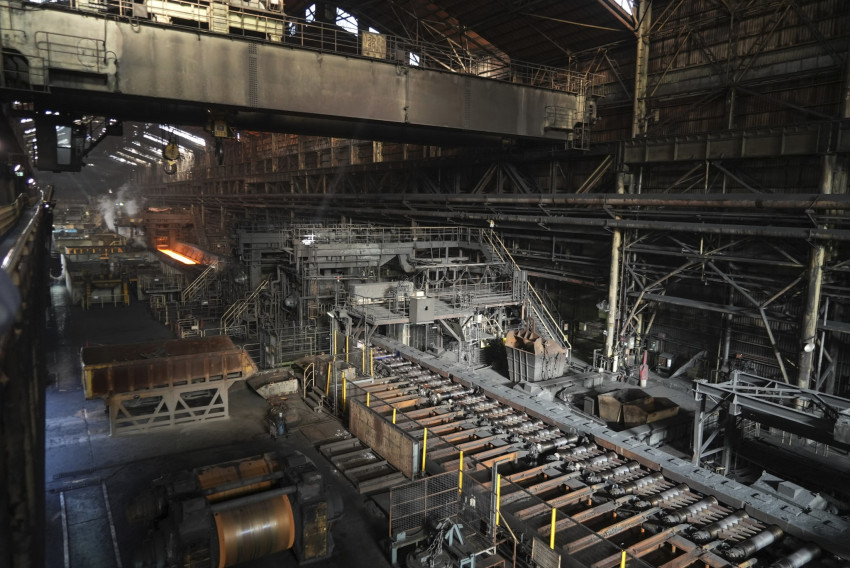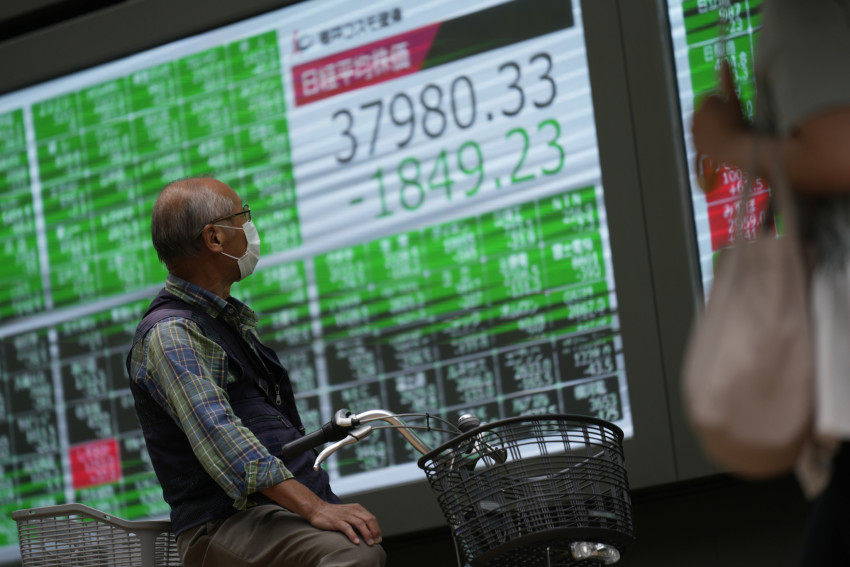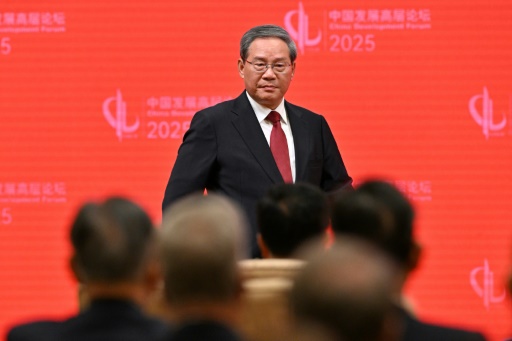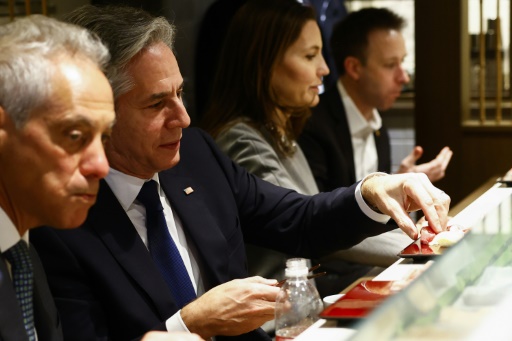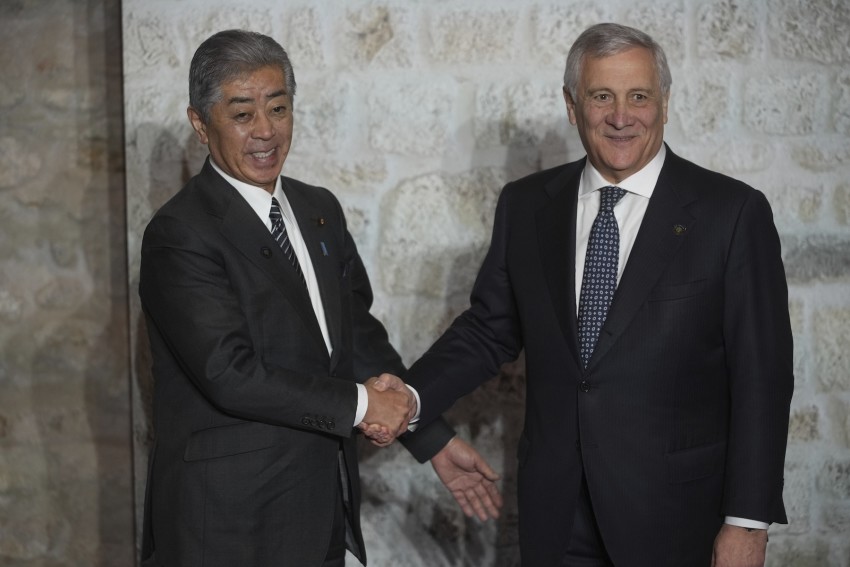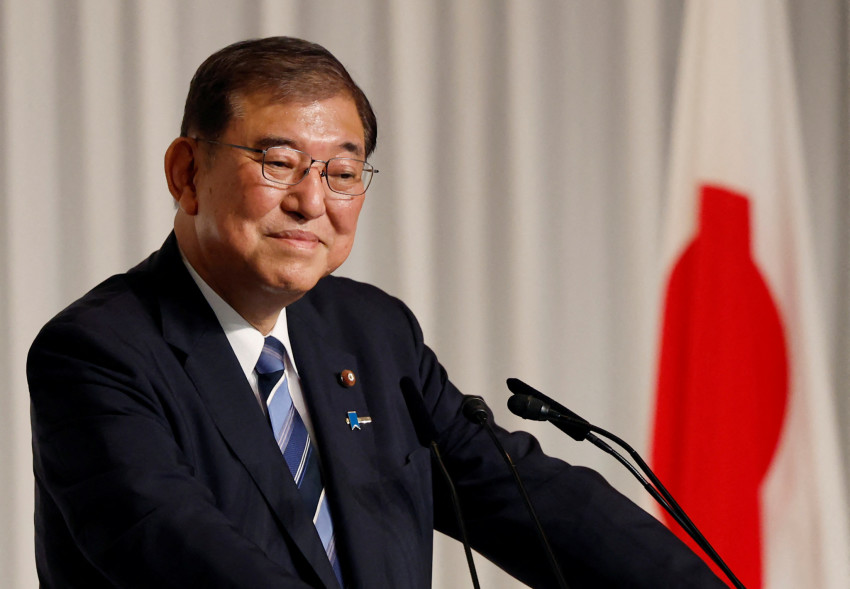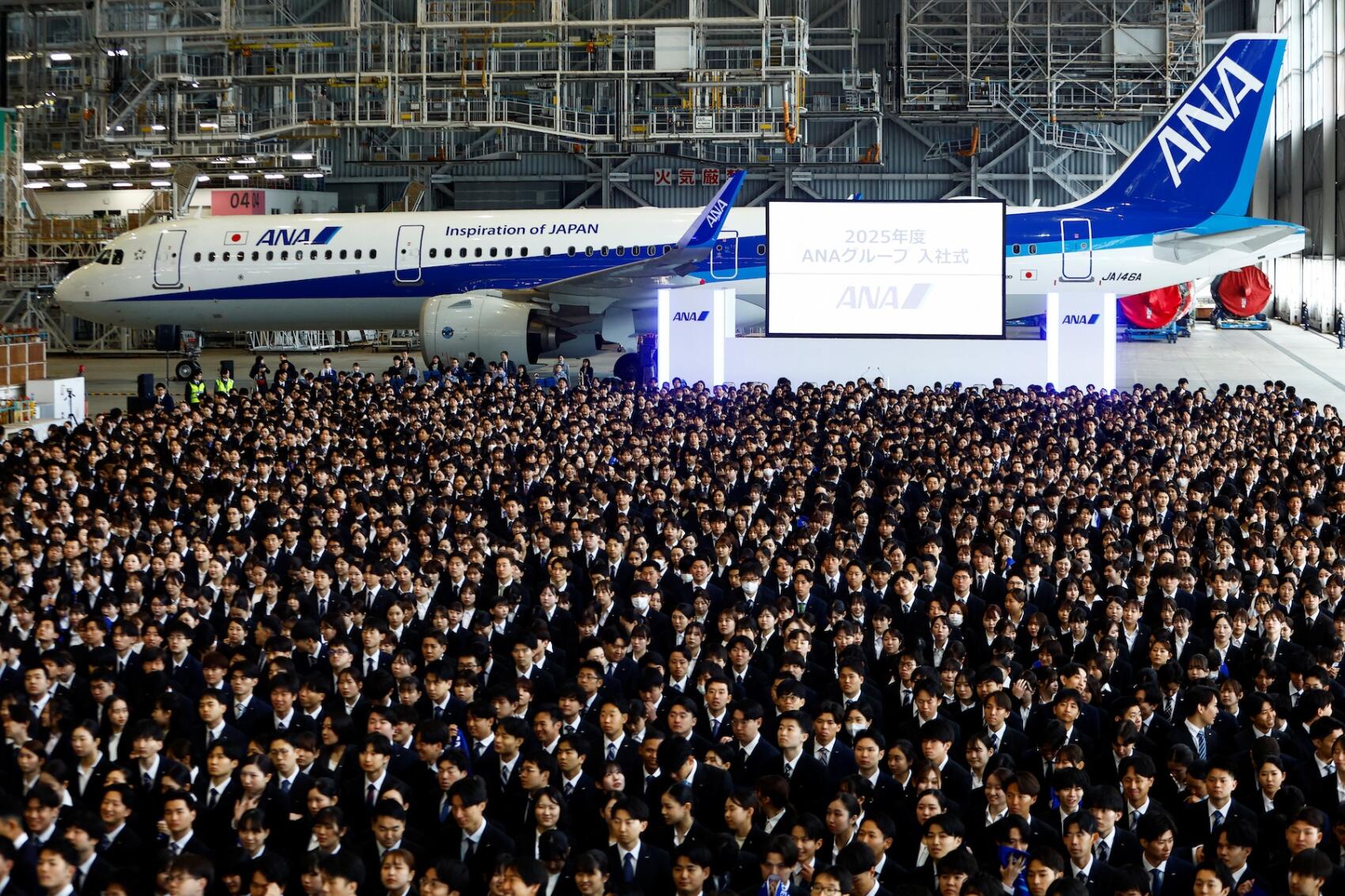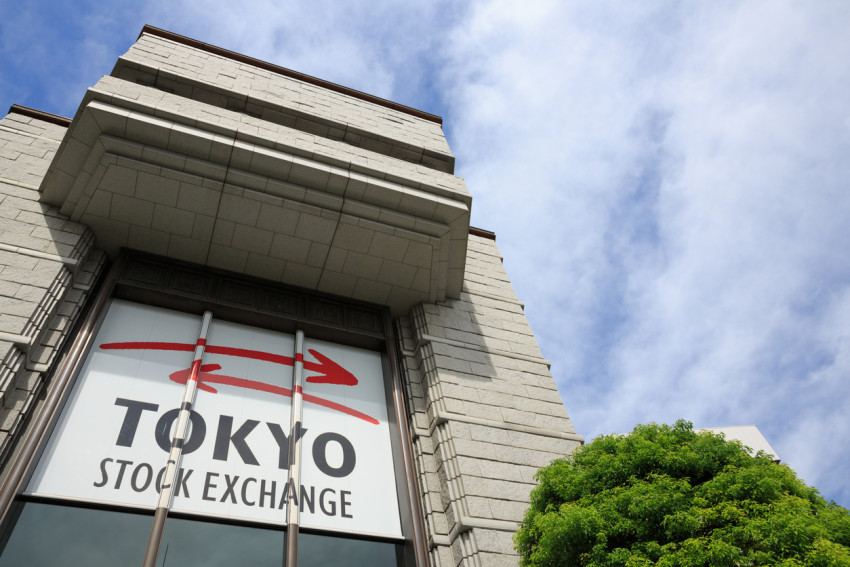Toyota cites tariffs as it forecasts 35% drop in 2025-26 net profit

Japanese auto giant Toyota on Thursday forecast a 35 percent year-on-year drop in net profit for 2025-26 citing Donald Trump's vehicle tariffs among other factors.
Carmakers have been among the hardest-hit by the U.S. president's multi-pronged assault on free trade.
On top of a 25 percent tariff already placed on finished imported cars, the Trump administration on Saturday imposed a similar duty on auto parts including engines and transmissions.
For the current financial year that began in April, Toyota now forecasts net profit of 3.1 trillion yen ($21.6 billion).
"The estimated impact of U.S. tariffs in April and May 2025 have been tentatively factored in," the world's top-selling automaker said in a statement.
The company logged net profit of nearly 4.8 trillion yen in the 12 months to March, down 3.6 percent year-on-year but beating its forecast issued in February.
As of this month, it estimated the tariffs would impact 2025-2026 operating profit to the tune of 180 billion yen.
Toyota's "influence and position" mean its profit forecasts are being closely watched in Japan, said Bloomberg Intelligence auto analyst Tatsuo Yoshida.
"My feeling is that Toyota will somehow find a way to calculate the impact of tariffs and have it reflected on its forecast," he told AFP ahead of the earnings report. "The whole country including suppliers would be left at a loss if Toyota doesn't issue some kind of benchmark."
Automobiles accounted for around 28 percent of Japanese exports to the United States last year.
Trump late last month moved to soften the details of his tariffs on automakers -- signing an executive order to limit the impact of overlapping levies on firms.
Trump's new policy means a company would not face the 25 percent levy for an imported vehicle and 25 percent on steel or aluminum; the importer would pay the higher of the two but not both, a U.S. commerce official said.
The president also released a proclamation that gives the industry a two-year grace period to move supply chains back to the United States.
Toyota sold 10.8 million vehicles worldwide in 2024, holding onto its crown as the world's top-selling automaker.
Takaki Nakanishi of auto sector consulting firm Nakanishi Research Institute told AFP that it is "difficult to predict" the impact of the U.S. tariffs on car firms' earnings.
"Automakers are doing what they can in trying to shift production to the United States, even though there are no huge changes right away as shifting production takes time," he said.
Trump last month hit out at the wide difference between Japanese car exports to the United States and those going the other way.
Toyota is the second-top-selling automaker in the United States, where it shifted more than 2.3 million vehicles last year, while U.S. industry leader General Motors sold just 587 Chevrolets and 449 Cadillacs in Japan.
Ford pulled out of the tough Japanese market nearly a decade ago.
"They don't take our cars, but we take MILLIONS of theirs!" Trump said in April, accusing Japan of treating its ally "very poorly on trade".

